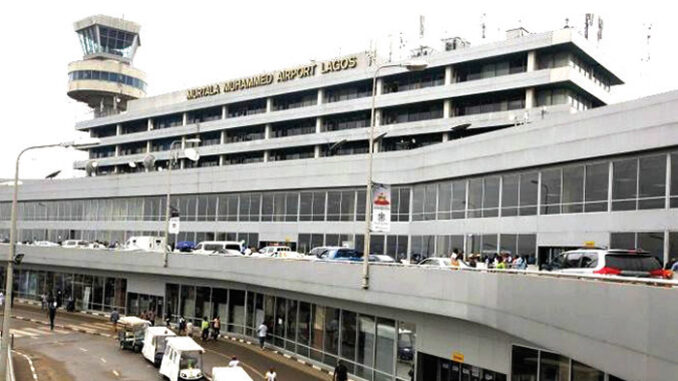
The Murtala Muhammed Airport 2 Training Academy has successfully obtained regulatory accreditation to offer industry-relevant training courses.
The MMA2 Training Academy is the aviation training wing of MMA2.
The facility commenced operations in 2019 and is managed by Bi-Courtney Aviation Services Limited, operators of the MMA2 Terminal.
Bi-Courtney Aviation Services, in a release by its Head of Corporate Communications, Mr Oluwatosin Onalaja, said after a rigorous approval process in compliance with regulatory requirements of the Nigeria Civil Aviation Authority, the academy has been accredited by the regulatory agency as an ‘Aviation Security Training Provider’.
It noted that the objectives of the academy had been expanded to include the provision of world-class training courses and facilities to aviation stakeholders in the country.
The stamen reads, “The MMA2 Training Academy has outstanding instructors and experienced specialists with a proven track record of protective aviation security across Nigeria. Our highly interactive training courses provide the best mix of experience, theory and practice in a professional learning environment, using real-life case studies, practical applications and up-to-date technologies.”
Commenting, the MMA2 Academy’s Training Consultant, Mr Abdulfatai Lawal, said, “The facility offers complete learning solutions for aviation security, aviation safety and behavioural courses delivered in a conducive environment and at the client’s preferred location and time.
“Several ASTP 123 and security awareness training has been successfully completed over the last two years. Other courses available at the academy are Aviation Safety; Aviation Safety Awareness Training; Emergency First Aid; Fire Safety and Emergency Management. Behavioural courses available are Excellent Customer Service Training; Leadership Training and Project Management Training.”
He added, “MMA2 Training Academy Courses are the most cost effective and efficient way to train your team. Our courses are ICAO STP and conventional. The conventional courses are customised and developed with industry-relevant organisational objectives as their core guidelines.”
Article first published on the Punch Website
Be the first to comment